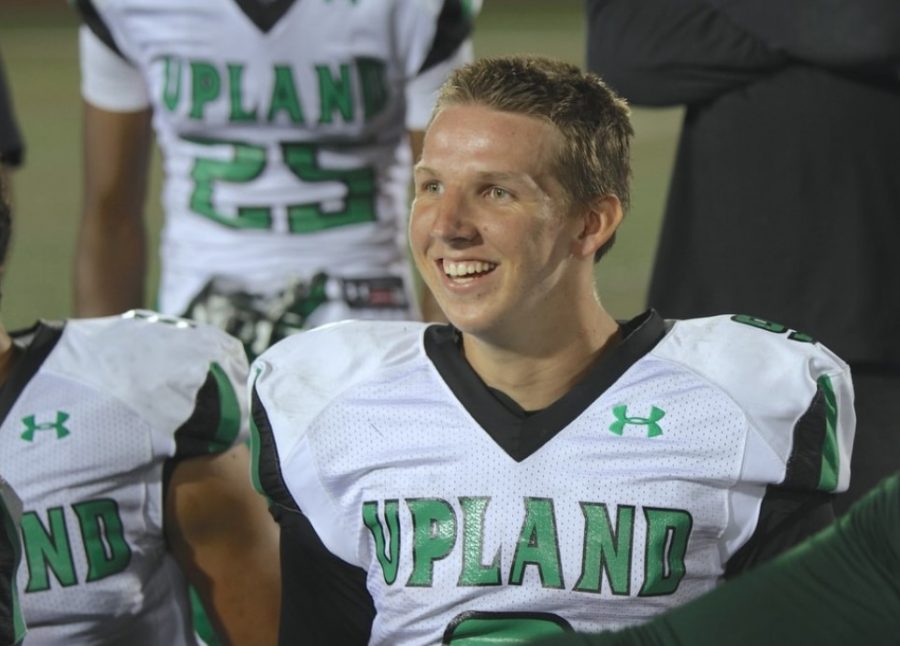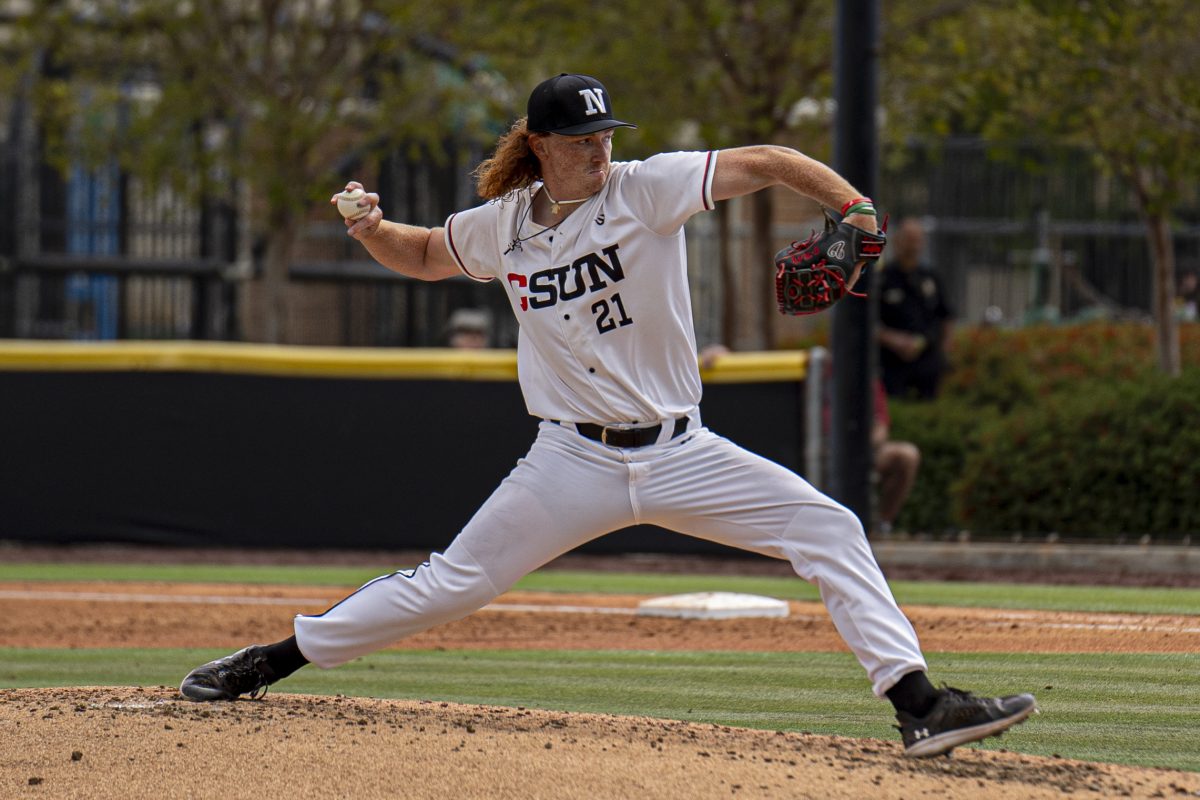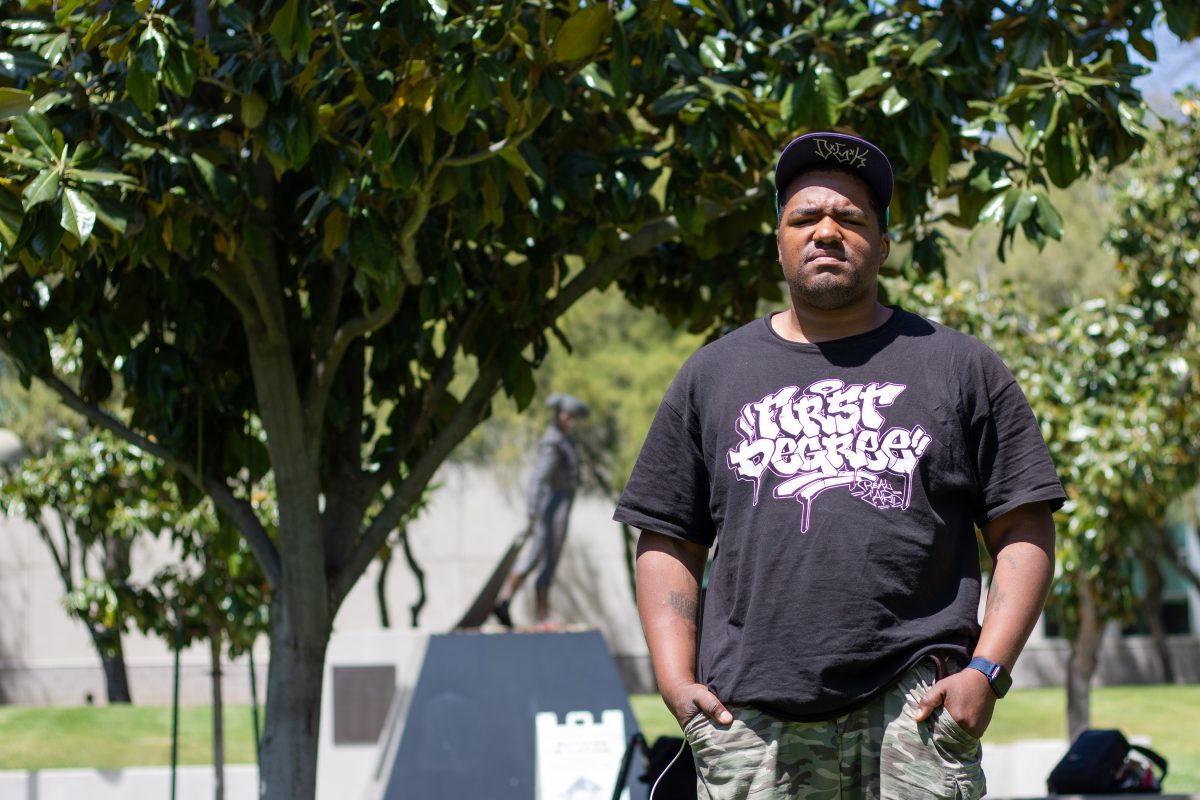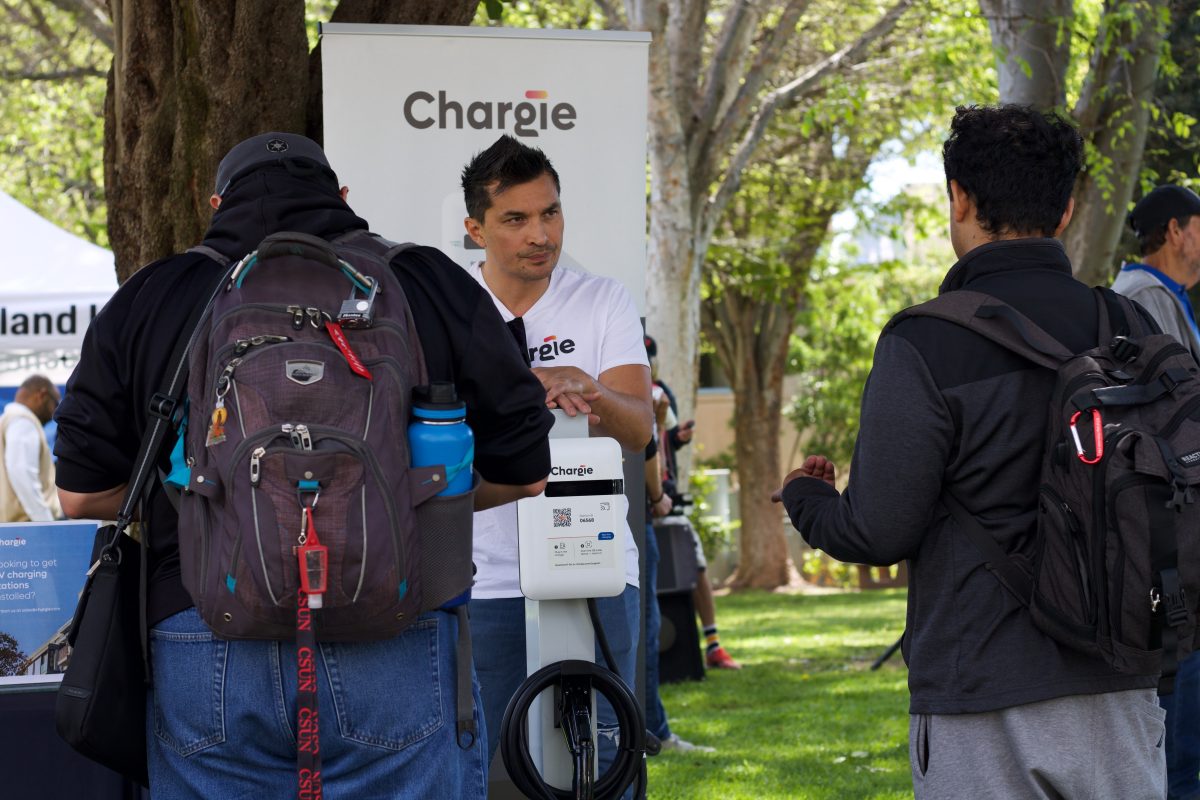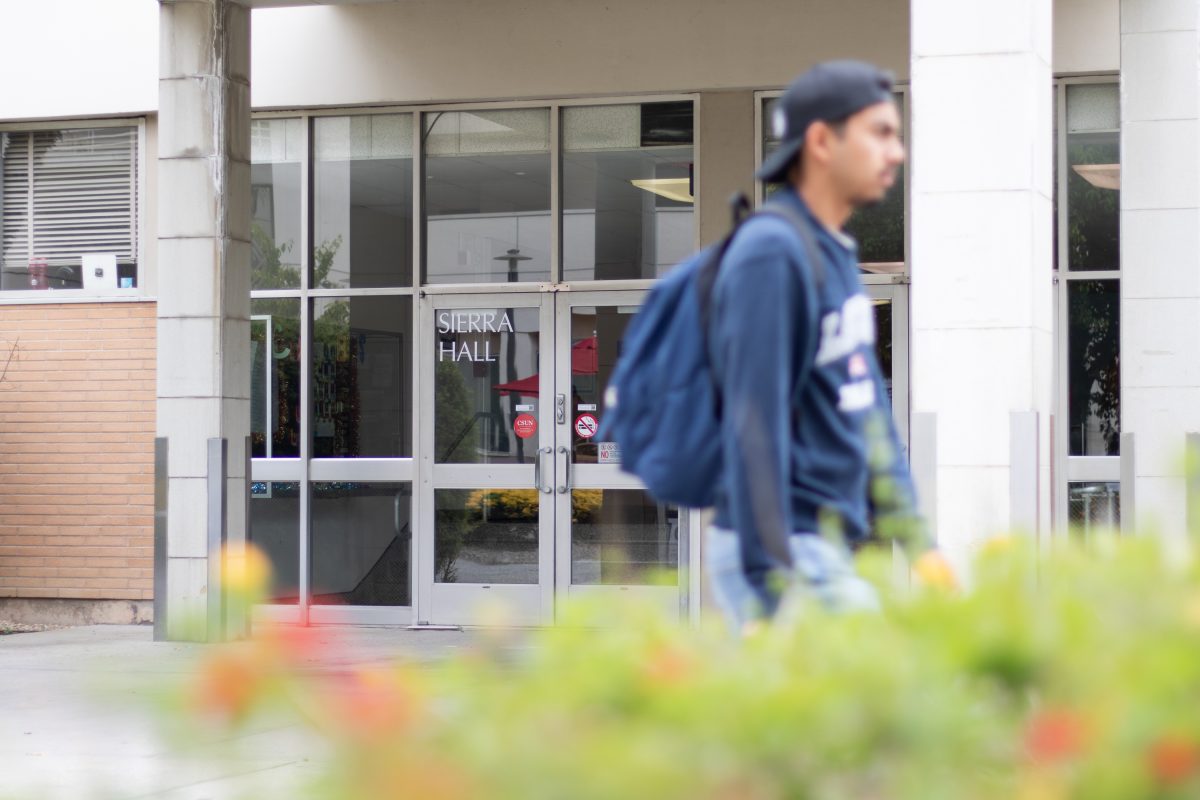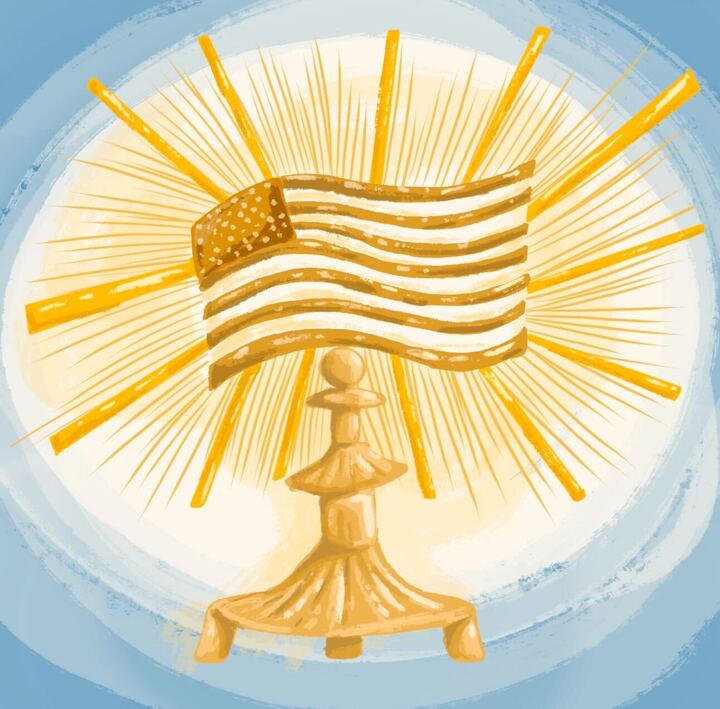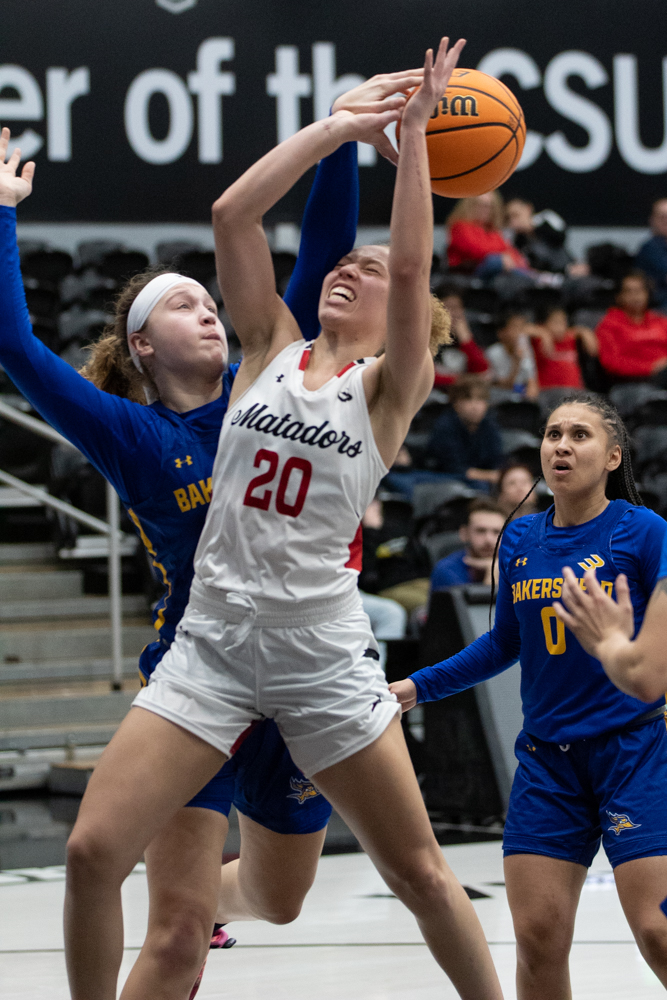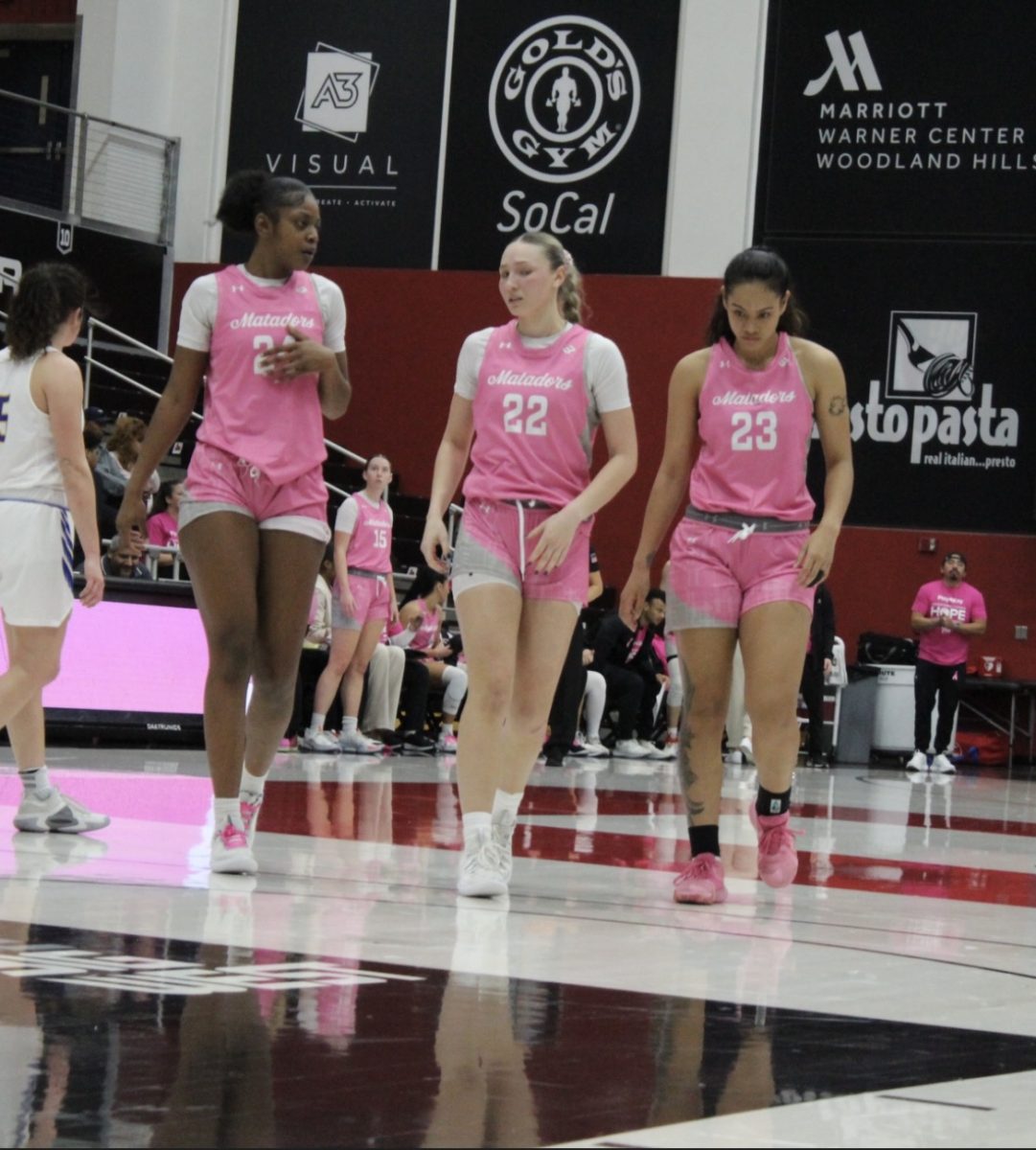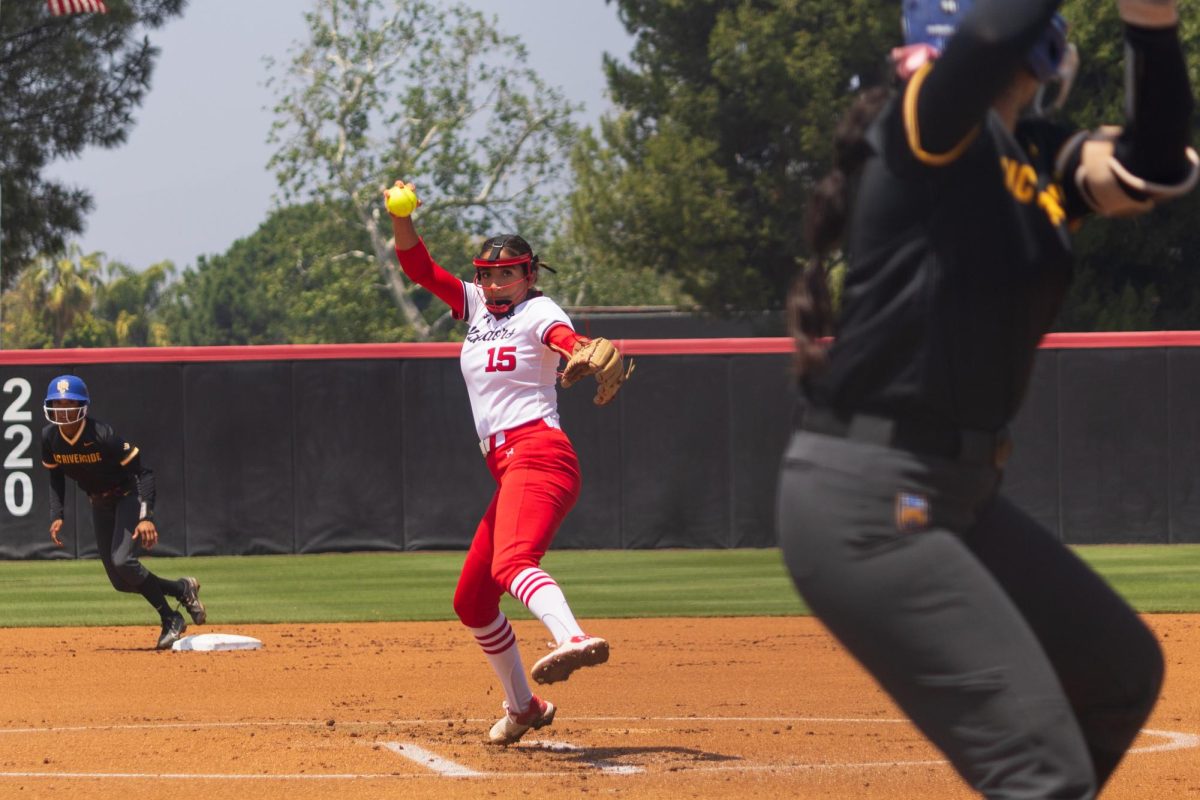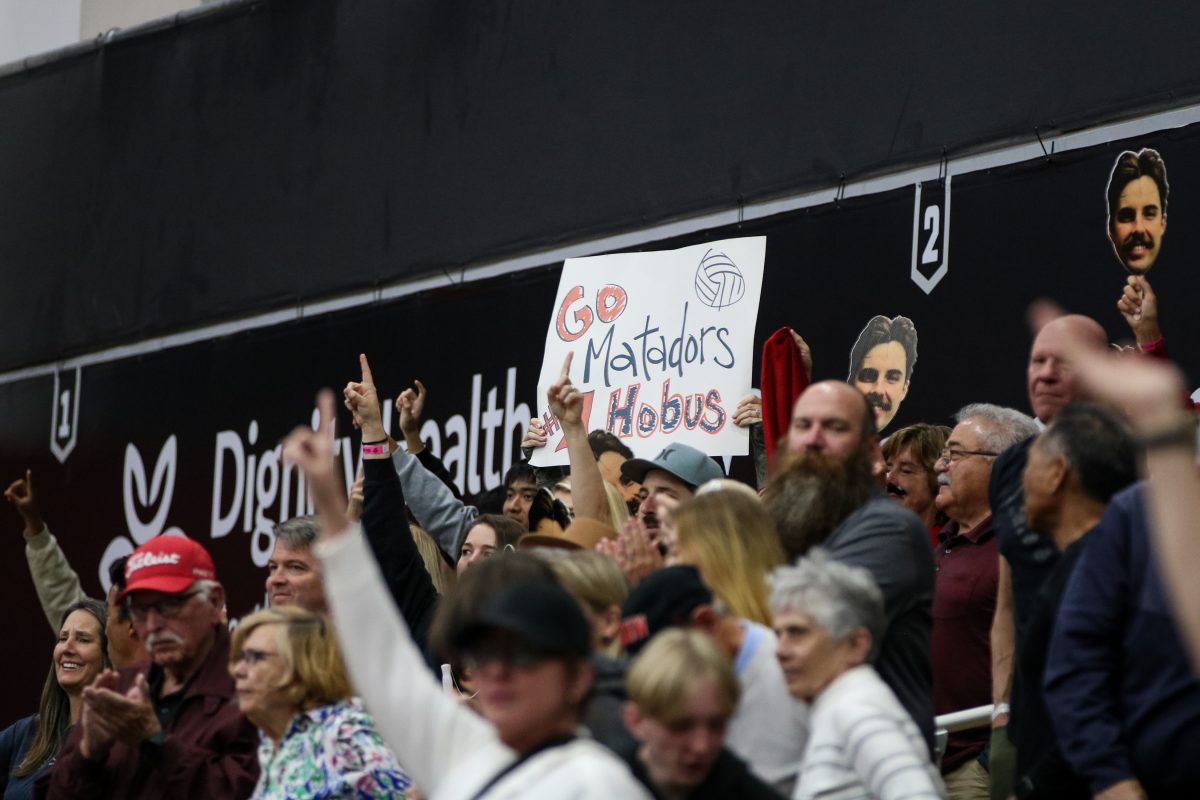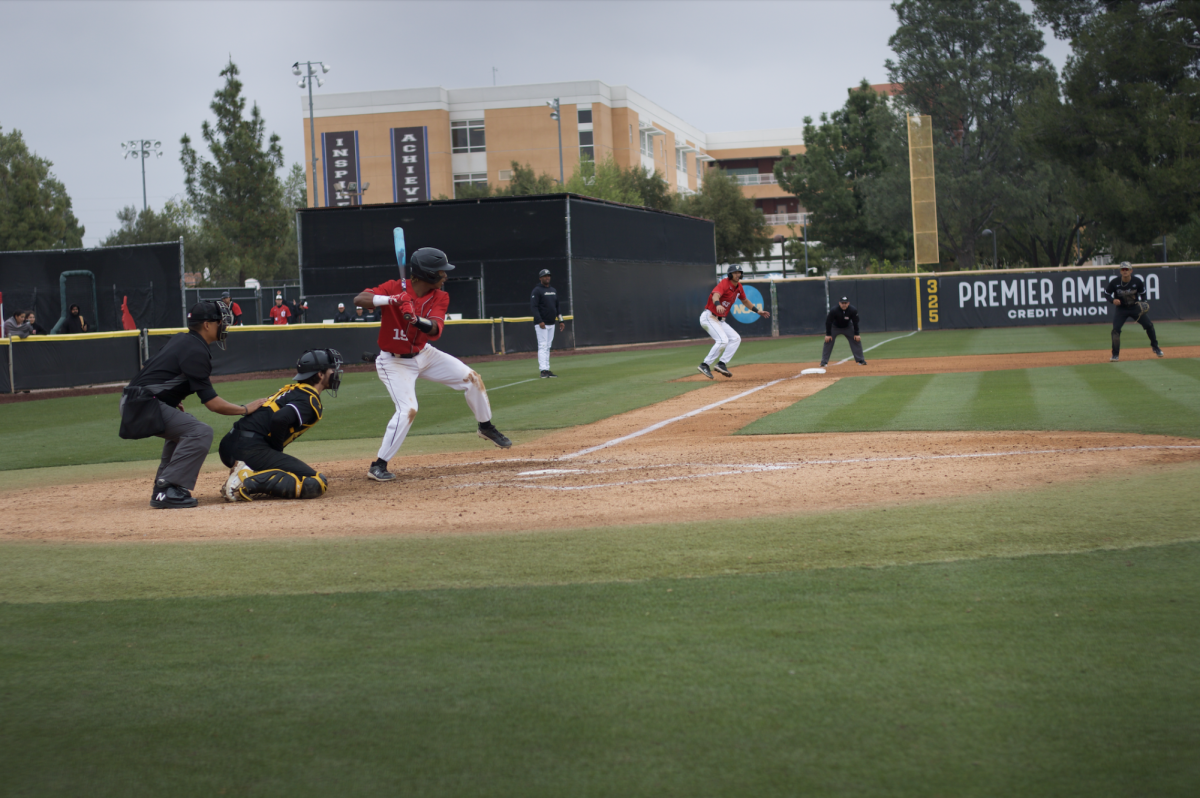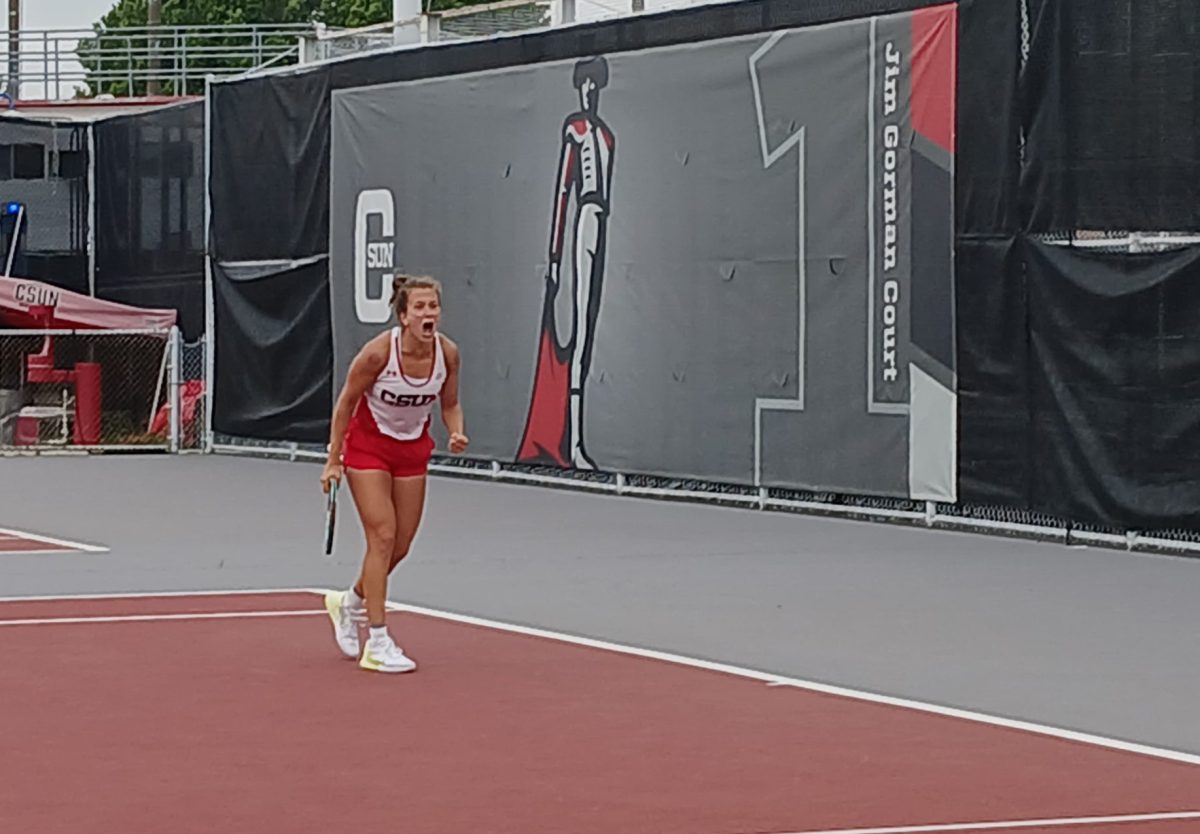The Hilinski family had their world flipped upside down on Jan. 16, 2018 when they lost their son Tyler to suicide at 21 years old. Tyler, a Claremont native and star quarterback at Upland High School, was set to be the starter for Washington State that season.
Tyler’s death came as a particular shock to the Hilinski family, as he had returned from a family vacation in Cabo San Lucas just days earlier and did not show any signs of depression or other mental health problems. The family was left searching for answers in the wake of tragedy.
“He didn’t have all the problems that you would normally associate with suicide or mental illness on the outside,” Mark Hilinski, Tyler’s father, said. “But now he’s dead. And so what did he do, did he cry himself to sleep at night? He didn’t wake up one morning completely fine the last day, and wake up and decide to die that day.”
Although the Hilinskis were stricken with grief, they decided they would do two things to honor their son’s memory: to never forget about Tyler and to do three things every day in his honor and name. They founded Hilinski’s Hope, a 501(c)(3) nonprofit that is dedicated to raising awareness and reducing the stigma around mental health and student-athletes.
Hilinski believes that many athletes, like Tyler, have been suffering in silence and are afraid of speaking up because of the fear that they will be treated differently.
“I think there’s a genuine fear among athletes that the thing they love the most, the sport that they love the most, might be taken away from them if they share that they’re suffering,” Hilinski said.
But what is the reason for this fear? Hilinski suggests that it’s due to the competitive nature of athletes. Everybody — from tennis players, swimmers, track athletes, football players to basketball players — is constantly under pressure to be the best. They may feel that if they open up about something that is bothering them, it will be used against them and viewed as a weakness. Hilinski’s Hope is trying to combat that by openly talking to student-athletes and making them feel safe and comfortable enough to speak up.
“We’ve got to move that way of mental health and let these athletes know that their value is not just on the court,” Hilinski said. “Their value is the person.”
The organization does this by visiting campuses and giving a 45 minute presentation, where they share Tyler’s story and the silent struggle with mental health that led to his death. The goal, according to Hilinski, is to show the athletes that what happened to Tyler could happen to them or one of their teammates.
According to Hilinski, 20% of student-athletes experience some form of mental illness in their four years of college. The NCAA Sports Science Institute mandates that all member schools should have a sports psychologist on campus, but fewer than 40 Division I schools do. In January of this year, Hilinski’s Hope partnered with the NCAA to help implement programs that would help student-athletes, which includes their presentations around the country in an effort to prevent the next Tyler-like story.
“We’re not mental health practitioners and we’re not doctors, but I think Tyler might have had a better chance if he heard a story about a teammate or a fellow student-athlete that died by suicide,” Hilinski said. “He would have a slightly better chance of telling his family that he’s sick, he’s hurt. Or if he’s unable to do that, his teammates might recognize the very subtle signs and symptoms.”
Although they have presented at schools such as UCLA, Oregon State and Texas, Hilinski does not find his work rewarding.
“A minute doesn’t go by we’re not thinking about Tyler,” he said. “You realize the only reason you’re talking in front of the UCLA football team is because Tyler died. That’s a ridiculous price to pay to give somebody else the chance to get better, but it’s the second best thing we can do.”
He does take some solace, however, in the amount of people who have reached out to him via social media, email, letters and phone calls and let him know that they decided to seek help after hearing Tyler’s story. He takes comfort in the fact that people are listening a bit closer.
Although they have lost Tyler, he lives through his family and Hilinski’s Hope. He lives through the athletes that have heard his story and decided not to take their own life. He lives through hope.
It doesn’t make the Hilinskis’ pain go away, however.
“Sadly, we both (Tyler’s mother, Kym, and Mark) cry ourselves to sleep most nights. Tyler died 21 months ago. I don’t feel any better today than I did that night,” Hilinski said. “What I’m learning to do is live with it because I have two other kids and a wife that need love and support, food on the table, high fives after a football game and that kind of stuff. You just have to work extra hard to bring your best self that day.”
